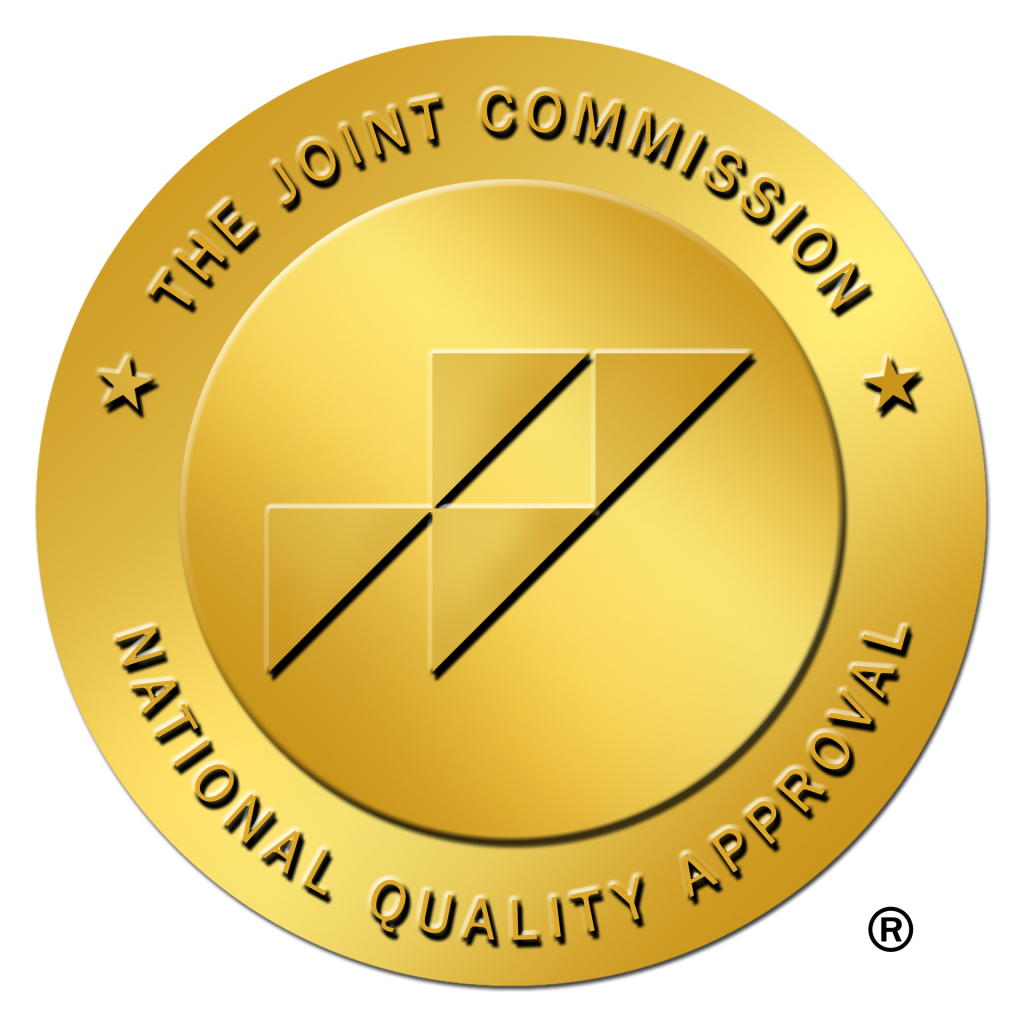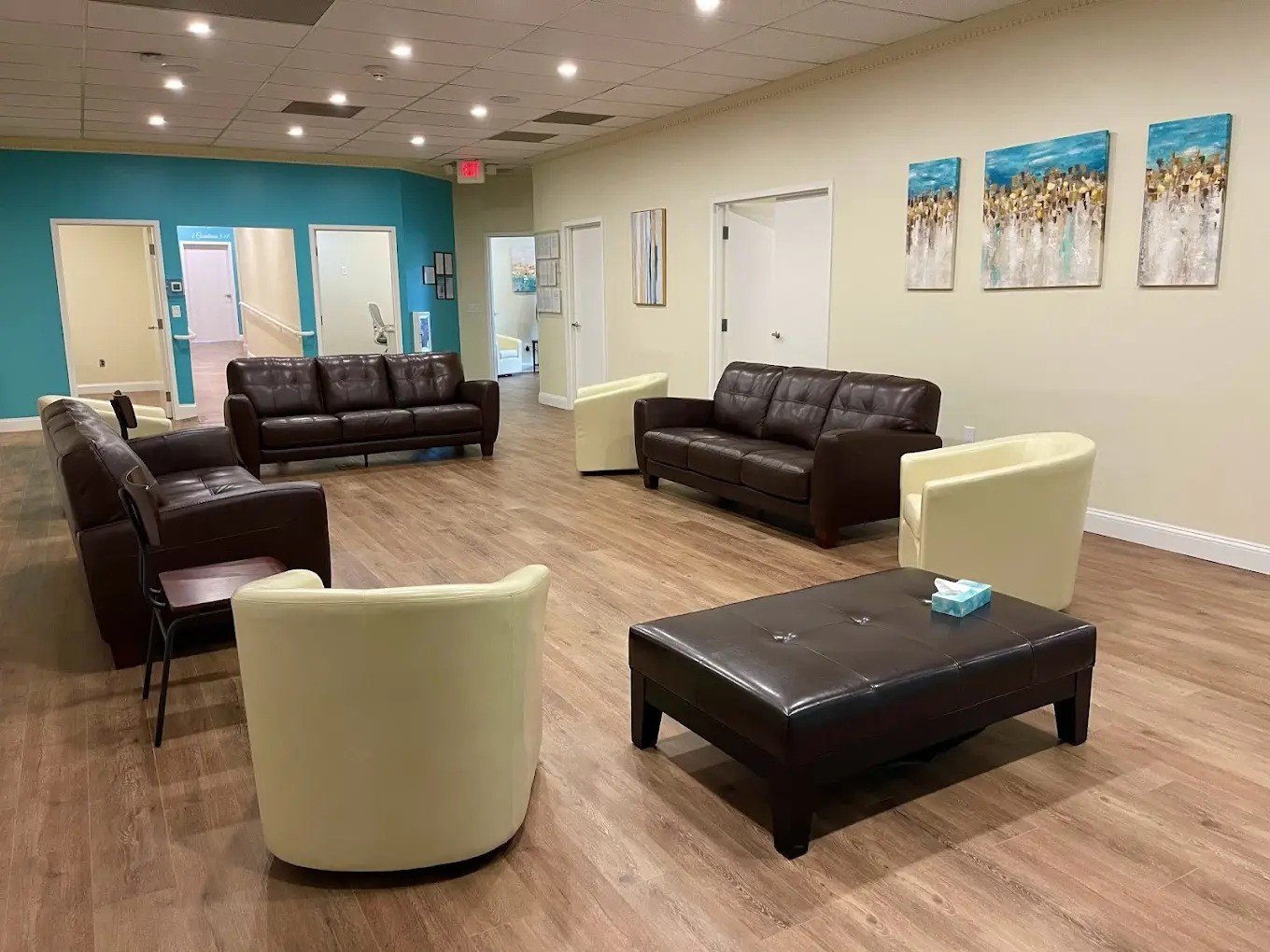Faith Based Addiction Treatment Nj
Healing Through Faith in Addiction Recovery
Faith-based addiction treatment NJ offers a unique approach to overcoming substance use challenges by integrating spiritual principles with addiction therapy. In many instances, individuals find that aligning recovery with their faith provides a deeper sense of purpose and belonging. This approach is particularly beneficial for those who have strong religious convictions, as it leverages spiritual practices to foster healing and personal growth.
The support of a faith community can be an invaluable source of strength. Regular interactions with clergy and peers who share similar values reinforce resilience and encourage positive change. This communal support is often a pivotal factor in maintaining long-term sobriety.
Diverse Approaches to Faith-Based Treatment
New Chapter Recovery embraces a holistic approach to addiction treatment, combining evidence-based therapies with spiritual growth opportunities. Their programs blend modern therapeutic modalities, such as Cognitive Behavioral Therapy (CBT) and Dialectical Behavioral Therapy (DBT), with faith-based practices, creating a comprehensive treatment plan tailored to individual needs.
By offering both faith-based and traditional therapy options, clients can customize their recovery journey. This flexibility ensures that each person can explore spirituality at their own pace, without feeling pressured to conform to any specific religious doctrine.
Specialty tracks like animal-assisted therapy and veterans treatment reflect the center’s commitment to addressing the diverse needs of its clients. These unique offerings provide alternative avenues for healing, catering to various preferences and backgrounds.
Faith as a Guide for Relapse Prevention
Relapse prevention is a core component of any addiction recovery program, and faith-based strategies offer unique tools for this challenge. By anchoring recovery in spiritual beliefs, individuals can develop a strong moral compass that guides their decision-making processes.
New Chapter Recovery emphasizes continuous engagement with faith communities as a means of support. Participation in faith-based 12-step meetings and Bible studies helps reinforce positive habits and provides ongoing encouragement to maintain sobriety.
The Impact of Dual Diagnosis on Faith-Based Recovery
Dual diagnosis is central to effective addiction recovery, and New Chapter Recovery’s integrated model ensures comprehensive care for co-occurring mental health conditions. By addressing both substance use and mental health disorders, clients receive holistic support that facilitates sustained recovery.
Faith-based addiction treatment NJ incorporates spiritual growth with psychological healing, creating a balanced approach that respects both the mind and spirit. This dual approach enables clients to address underlying issues that may contribute to addiction, promoting genuine healing and transformation.
Support for Working Professionals and Veterans
New Chapter Recovery recognizes the unique challenges faced by working professionals and veterans in overcoming addiction. Their flexible scheduling options accommodate busy lifestyles, ensuring that treatment does not interfere with professional commitments.
Veterans can access specialized programs that honor their service while addressing the unique stressors and traumas they may have experienced. The inclusion of VA and Tricare benefits streamlines access to necessary treatment, providing peace of mind and dedicated care.
Family Involvement in Faith-Based Recovery
Family support is a crucial element of successful recovery, and New Chapter Recovery encourages active involvement through family therapy and support groups. By fostering open communication and understanding, families can become powerful allies in the recovery process.
Faith-based programs often emphasize the importance of restoring relationships and healing past wounds. Through compassionate guidance and faith-centered dialogue, families can rebuild trust and create a nurturing environment that supports lasting recovery.
Involvement in family recovery sessions provides opportunities for shared experiences and collective healing. By participating together, families can reinforce positive behaviors and encourage ongoing engagement with faith-based practices.
New Chapter Recovery’s commitment to family integration reflects its holistic approach, recognizing the interconnectedness of personal faith, family dynamics, and successful recovery.
Tailored Treatments for Diverse Substance Use Disorders
Substance use disorders manifest in various forms, and New Chapter Recovery provides targeted treatments for an array of dependencies, including alcohol, opioids, and stimulants. By employing a personalized approach, clients receive the specialized care necessary to address their unique challenges.
The center’s comprehensive services include medication-assisted treatment, group therapy, and individualized counseling, ensuring a well-rounded recovery plan. This tailored approach facilitates a deeper understanding of personal triggers and fosters the development of effective coping strategies.
Additional specialty tracks, such as animal-assisted therapy, offer alternatives for those seeking non-traditional methods of healing. These diverse options underscore the center’s dedication to meeting the varied needs of its clientele.
Ensuring Affordable Access to Faith-Based Treatment
Affordability is a critical concern in addiction treatment, and New Chapter Recovery provides financial accessibility through insurance reimbursements and private pay options. The center’s admissions team offers rapid insurance verification, streamlining the process for prospective clients.
Community referrals and clinical partnerships further enhance accessibility, allowing individuals to receive the care they need without unnecessary delay. This commitment to affordability ensures that financial barriers do not impede access to vital treatment services.
The Role of Evidence-Based Therapies in Faith-Based Programs
Evidence-based therapies are fundamental to New Chapter Recovery’s approach, providing a solid foundation for effective treatment. Techniques such as Motivational Interviewing and Acceptance and Commitment Therapy complement spiritual practices, enhancing the overall recovery experience.
By integrating these therapies with faith-based elements, clients benefit from a well-rounded approach that addresses both the psychological and spiritual dimensions of recovery. This synergy fosters self-awareness and empowerment, equipping individuals with the tools needed for enduring sobriety.
The Importance of Measurable Clinical Outcomes
New Chapter Recovery prioritizes measurable clinical outcomes to ensure the efficacy of its treatment programs. Through individualized goal setting and regular progress evaluations, clients can track their journey toward recovery.
These metrics provide valuable insights into treatment effectiveness, allowing for adjustments as needed to optimize results. By emphasizing accountability and transparency, the center fosters a culture of continuous improvement and success.
What sets faith-based addiction treatment apart from secular programs?
Faith-based addiction treatment uniquely integrates spiritual beliefs with therapeutic techniques to offer a holistic approach to recovery. For many, aligning their recovery journey with their faith provides a profound sense of purpose and belonging, which can be particularly impactful for those with strong religious convictions. This approach often includes regular engagement with a faith community, which serves as a source of strength and support. While secular programs might focus solely on evidence-based therapy, faith-based programs blend spiritual practices with traditional methods, allowing for a comprehensive treatment plan tailored to individual needs.
Consider someone who finds solace and guidance through prayer; they might feel more motivated and supported in a faith-based setting that encourages such practices. It’s this blend of spiritual and therapeutic elements that distinguishes faith-based treatment and offers unique pathways to healing that are not just about abstaining from substances but also about nurturing the soul.
If you’re considering this approach, think about how spirituality plays a role in your life and how it might support your recovery journey. Is there a particular faith tradition that resonates with you, and how might it aid your healing process?
How does New Chapter Recovery address the needs of individuals with dual diagnoses?
New Chapter Recovery employs an integrated dual diagnosis model, ensuring comprehensive care for individuals grappling with both substance use disorders and co-occurring mental health conditions. This approach is crucial because untreated mental health issues can often exacerbate addiction and vice versa. By addressing both simultaneously, New Chapter Recovery offers a balanced treatment plan that respects the intertwined nature of mind and spirit.
Imagine a scenario where someone is dealing with both anxiety and substance use. Through trauma-informed clinical practices, personalized counseling, and spiritual engagement, New Chapter Recovery helps individuals uncover and resolve underlying issues that contribute to their addiction. This dual approach not only aims for sobriety but also for mental wellness, promoting genuine transformation and healing.
If you or someone you know is facing similar challenges, consider how a tailored approach that addresses both mental health and addiction could better support recovery. What specific strategies might you find beneficial in managing both aspects of your health?
What role do families play in faith-based recovery, and how does New Chapter Recovery involve them?
Family involvement is a cornerstone of successful recovery at New Chapter Recovery. By engaging families in therapy and support groups, the center encourages open communication and understanding, which are vital for rebuilding trust and repairing relationships strained by addiction. In faith-based programs, this often involves faith-centered dialogue and practices that can help heal past wounds and foster a supportive environment.
Think of a family where open communication has been lacking due to addiction. Engaging in joint therapy sessions could provide a platform for honest dialogue, enhancing mutual understanding and reinforcing positive behaviors. New Chapter Recovery’s commitment to family integration reflects its holistic treatment philosophy, recognizing that recovery is not just an individual journey but a familial one.
Consider reflecting on how your family dynamics might change if everyone involved is given the tools to communicate effectively. Could participating together in support sessions alter your recovery path?
How does faith guide relapse prevention at New Chapter Recovery?
At New Chapter Recovery, faith serves as a guiding principle for relapse prevention by fostering a strong moral compass and reinforcing positive lifestyle changes through spiritual engagement. Regular participation in faith-based 12-step meetings and Bible studies helps individuals maintain sobriety by continually anchoring their recovery in spiritual beliefs.
Envision someone who regularly attends faith-based meetings and leans on their community for support. This ongoing engagement offers not just accountability but also encouragement, holding them steady on their path to recovery. By intertwining faith and recovery, individuals are better equipped to navigate potential triggers and make healthier choices.
How does your belief system contribute to your resilience in the face of challenges? Could aligning your recovery efforts with your faith offer additional strength?
What options do working professionals and veterans have at New Chapter Recovery?
New Chapter Recovery recognizes the unique challenges faced by working professionals and veterans and offers flexible treatment options that accommodate their schedules. With day and evening sessions available, individuals can engage in recovery without sacrificing their professional responsibilities. For veterans, New Chapter Recovery offers specialized programs that honor their service while addressing unique traumas they may have experienced, along with seamless access to VA and Tricare benefits.
Consider a professional who works long hours but is committed to recovery. With the flexibility in treatment scheduling, this individual can attend therapy sessions after work, ensuring no disruption to their career. Similarly, a veteran can benefit from a program that understands and respects their past experiences, offering tailored support that acknowledges their specific needs.
Think about how a flexible recovery schedule might impact your journey. Would having the ability to attend sessions around your work commitments make treatment more accessible?
How does New Chapter Recovery ensure affordability in faith-based treatment?
Affordability is central to ensuring that more individuals can access the treatment they need. New Chapter Recovery addresses this by offering a range of payment options, including insurance and private pay. Their admissions team provides rapid insurance verification, allowing potential clients to quickly understand their coverage and financial responsibilities. Partnerships with community organizations also enhance accessibility, ensuring that financial barriers do not impede recovery.
Imagine someone hesitant to seek treatment due to financial concerns. By streamlining the insurance verification process, New Chapter Recovery alleviates one significant worry, allowing them to focus more on recovery than on financial stress. This proactive approach in financial planning reflects an understanding of the barriers some might face in accessing care.
Considering treatment? How might knowing upfront about financial options and coverage influence your decision to seek help?
What misconceptions might people have about faith-based addiction treatment?
A common misconception about faith-based addiction treatment is that it is solely religious or requires adherence to a specific belief system. In reality, programs like those at New Chapter Recovery blend faith practices with evidence-based therapies, allowing individuals to explore spirituality at their own pace. This approach ensures that individuals of varying backgrounds can benefit from the holistic and supportive environment that faith-based recovery offers.
Consider someone hesitant to seek faith-based treatment because they are not religious. They might be surprised to find that spiritual exploration, rather than religious adherence, is the focus. This flexibility encourages individuals to find their own path to recovery within a supportive community.
If you’re exploring treatment options, reflect on how spirituality might complement your recovery without needing you to conform to specific religious practices. How could this approach support your unique journey?
Resources
- Substance Abuse and Mental Health Services Administration (SAMHSA) – SAMHSA is the agency within the U.S. Department of Health and Human Services that leads public health efforts to advance the behavioral health of the nation.
- National Alliance on Mental Illness (NAMI) – NAMI is a grassroots mental health organization dedicated to building better lives for the millions of Americans affected by mental illness.
- American Psychological Association (APA) – The APA is the largest scientific and professional organization representing psychology in the United States.
- National Institute on Drug Abuse (NIDA) – NIDA is a U.S. government research institute focused on understanding the causes and effects of drug abuse.
- National Institute of Mental Health (NIMH) – NIMH is the leading federal agency for research on mental disorders.






